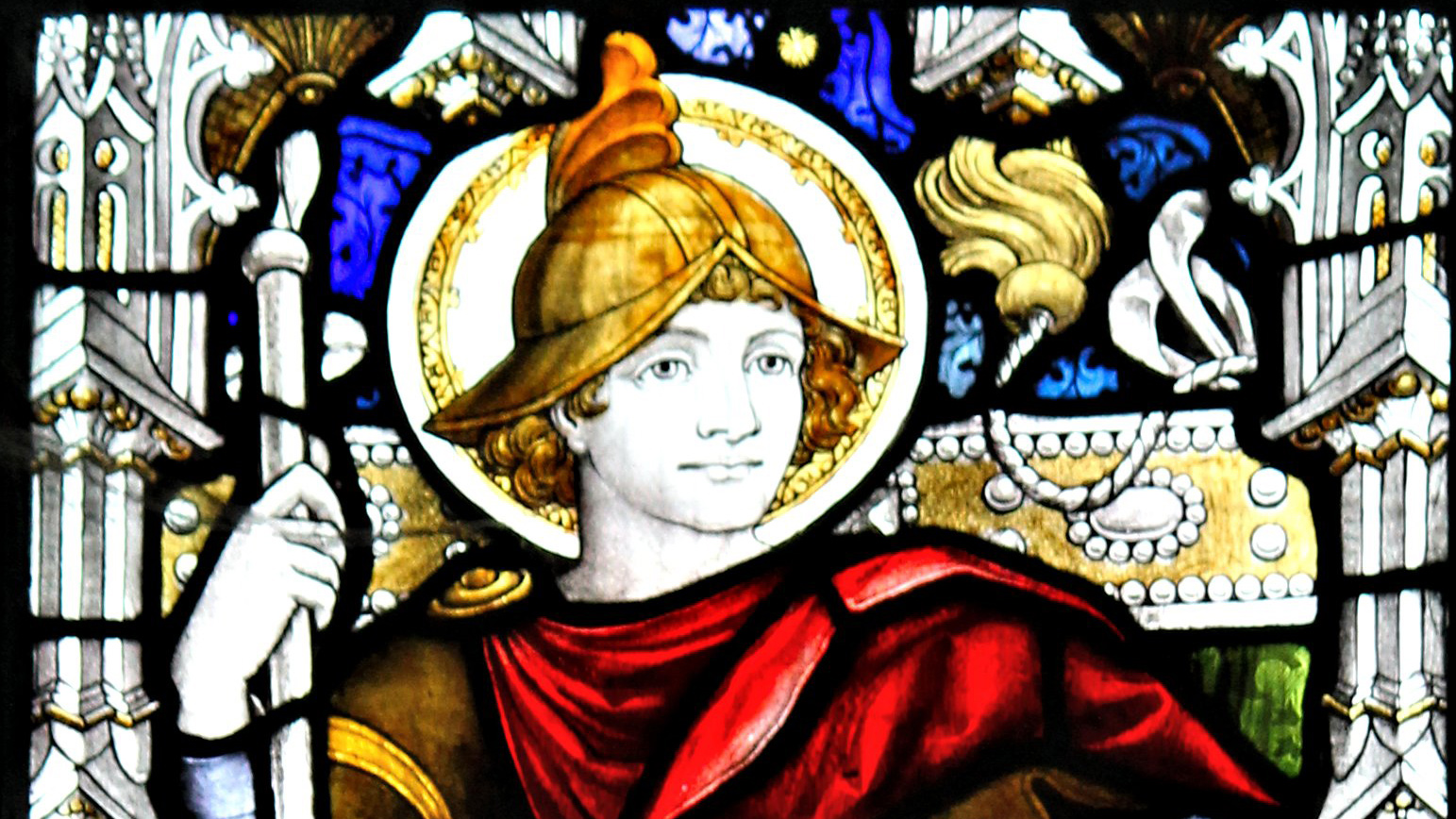After centuries of occupation and leadership, the Roman Empire left Britain in 410 AD and the island’s fate was left hanging in the balance. Historians tend to agree that Britain quickly descended into a tumultuous and violent period knows as the Dark Ages, leaving the nation vulnerable to invading Angle and Saxon armies from northern Europe. With his nation divided, a great leader known as King Arthur emerged to unite Britain and fight off invaders– or at least that’s what the fragmentary historical texts suggest. The truth is, no one really knows what happened, or if King Arthur was even a real person.
 Secrets of the Dead sat down with Marion Gibson, Author and Professor of Renaissance and Magical Literatures at University of Exeter, to discuss how the legend of King Arthur has had an impact on European and global literature, culture, and lore for over 1,500 years.
Secrets of the Dead sat down with Marion Gibson, Author and Professor of Renaissance and Magical Literatures at University of Exeter, to discuss how the legend of King Arthur has had an impact on European and global literature, culture, and lore for over 1,500 years.
Read the interview below:
Secrets of the Dead: How does the concept of magic in European literature from the Dark Ages differ from the concept of magic in other eras (Roman, Renaissance, Victorian, etc.)?
Professor Gibson: There was always a belief that magic could be used for good or bad purposes, healing or harming. But in the late Middle Ages, some Christian churchmen began to perceive bad magic as a mass threat to social order. They argued that witches were conspiring with each other and the devil against the church, civil authorities and against men generally, since some had come to believe that witches were mostly women. In that context, figures like Morgan or Vivien from the Arthurian legends became more powerful, symbolic of the threat of seductive, malign females to kings and other powerful men. They’re probably based on Celtic and Anglo-Saxon notions of the seer or sorceress, but by the time they reach Victorian literature they are gorgeous, dangerous creatures, femmes fatales in arts and crafts robes who behave a bit like Victorian occultists, a bit like suffragettes. You can find them in Tennyson’s poems weaving their magic. In the twentieth century they were sometimes reimagined as heroines on that basis.
Say we picture Arthur as a real person living in 5th century Britain. Can you describe the cultural and physical environment in which he would have existed?
Arthur might well have been a local chieftain or governor, drawing some of his authority from Roman ideas of leadership and some from Western European notions of the fierce war leader or cattle raider. He might have lived among the ruins of Roman villas, or in older, rougher stone-built halls and hut complexes. It depends where he lived, if he did. He might have had singers and record-keepers in his court who composed tales of his heroism, and retold older stories of wars and magical chosen heroes and gods. We can imagine the Arthurian legends beginning in this sort of context: stories for dark evenings, around the hall’s hearth.
Historically, King Arthur has been lauded as a great leader who defended the Britons and their lands from the incoming Anglo-Saxons. However, recent archaeological digs have found no evidence of physical warfare near the area where these battles would have been fought according to accounts from the time period. Do you think this means there was less conflict between the Britons and Anglo-Saxons than historians originally believed?
This is so hard to answer, and the answer tends to reflect the attitudes of the times when the answer is given and the beliefs of the person who gives it! If you tend to believe people get on despite differences of language and help each other despite competition for resources, you might think there were no battles, or few. If you tend to believe people will fight over very little and are predisposed to suspicion of newcomers, then you might think there were many battles. If you think history has moments of choice and things can quickly fall into chaos, then again, you might think there was general warfare. Archaeological artifacts can only take us so far; how we interpret them is key. In this case, battle would not likely leave a great deal of evidence, so it is particularly hard to tell; we’re not talking set piece engagements with massed armies. I imagine in some contexts people fought, in others one group fled west whilst another moved in, in some contexts there must have been cooperation, intermarriage and sharing of languages. The story seems to have survived, after all – that suggests people talked and told tales to each other. But also old accounts persistently tell of peoples being driven west, collapse and failure, a last battle against the dark. That does happen in history, happens around us now; people make wrong choices, evil triumphs, things fall apart. So maybe Arthur’s story of a golden age thrown away does mean there was a long period of conflict.
As we understand it, the legend of King Arthur may have evolved from several accounts, stories and written records dating back to between the 2nd and 8th centuries. Do you think Arthur as a single figure evolved out of a lack of historical records from that period? Or was it an amalgamation of stories about Britain’s community and military leaders that eventually became attributed to one person over time?
I think the story looks like an amalgamation of fact and fiction from lots of different sources. It’s got everything: war victories and defeats, betrayals and seductions, true love and magical prophecies. Few actual events are this rich in incident! There are stories of other “Dark Age” figures too: Corineus, the Cornish hero, King Leir, who inspired Shakespeare’s play, so there were lots of traditions that could have been blended together in oral history. I think we should respect the old stories as a kind of history, however, even if they can never be verified; they may not be wholly true, but they are all that we have from the time when most people could only leave a trace in memory, not in writing. Just as we respect the oral histories of nomadic people and unwritten cultural traditions today, so I think we should respect ancient British stories as having a right to be taken seriously.
In many ways, the legend of King Arthur has had a tremendous global influence on literature, education, art, movies and pop culture for over 1,000 years. In your opinion, what is the main reason for this particular story’s staying power? Can it simply be attributed to the human fascination with mythic tales and epic heroes or is there more to it? Are there any concepts or storytelling techniques from this time period that we see in modern works of fantasy? In what ways do you expect the legend of King Arthur to inspire new art going forward?
I think the story survives for lots of reasons: the first one is that it’s a great story, and it has love as well as war (Guinevere, Lancelot, etc). That covers a lot of potential listeners, and gives Arthur’s story an edge over most of the others: it became one of the first Romances. It was also retold early in influential historical manuscripts, like that of Geoffrey of Monmouth, and it was adopted and prized by readers and re-tellers as evidence of a lost world reclaimed by scholars like Geoffrey from oblivion (war, refugee displacement, as above, etc). People adopted it as “theirs”, and its sad end gave it a wistfulness that sticks in the mind. Modern fantasies play exactly the same games: think of the love-war structures of the Lord of the Rings and the elves’ withdrawal at the end, or the balance between triumph and tragedy in Star Wars or The Hunger Games. I can’t imagine a time when people won’t be telling the story of the court of Camelot.

